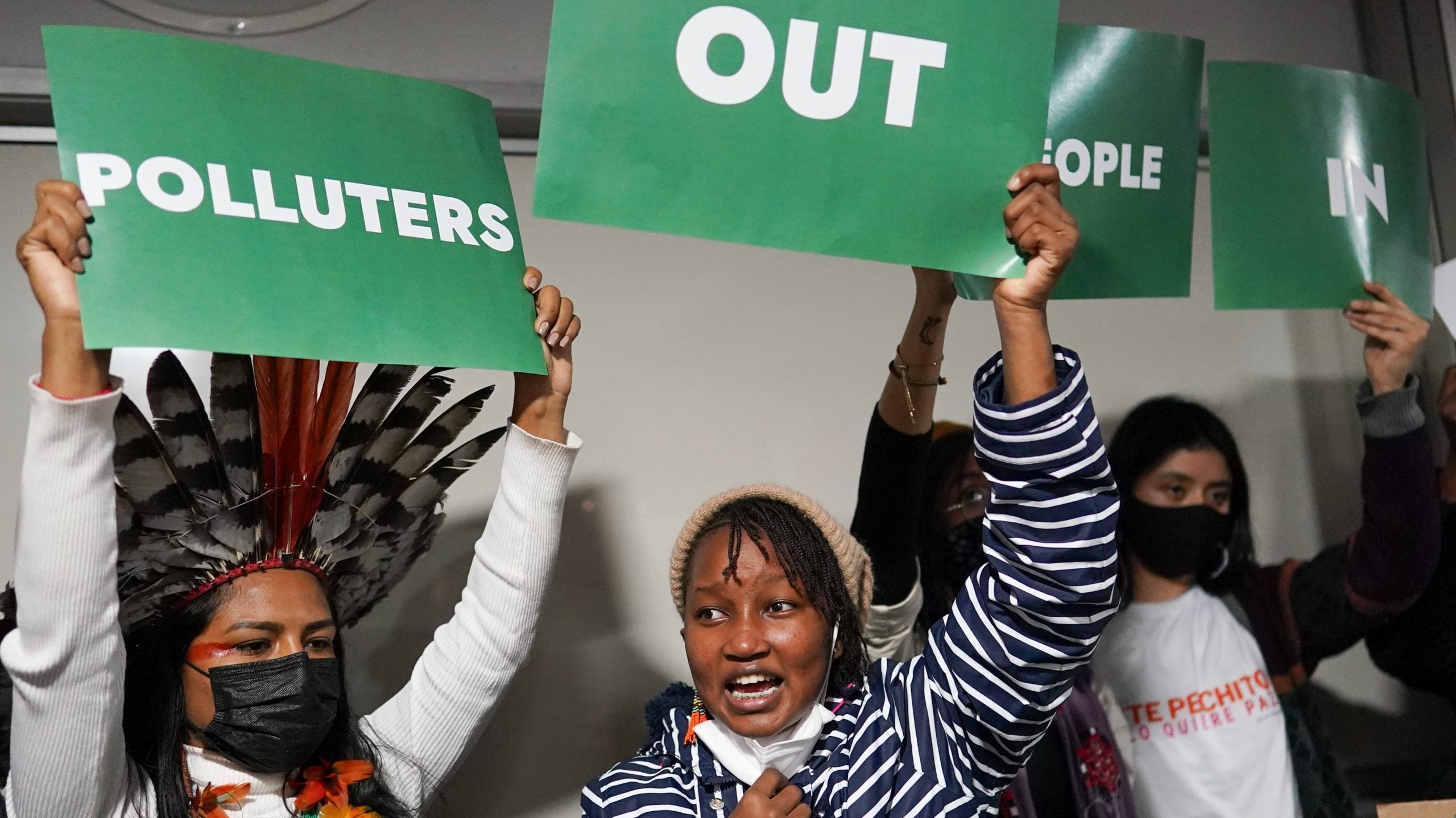
For years, fossil fuel companies have been donating money to organizations that advocate for people of color. But their philanthropy isn’t based on any deep commitment to racial justice. Instead, coal, oil and gas companies are trying to buy the support of these groups to help defeat clean-energy initiatives, despite the fact that they would protect those very communities of color that bear the brunt of fossil fuel pollution.
In 2020, The New York Times reported that a Florida utility company had donated to the NAACP’s Florida State Conference in 2014, just as the utility was also pushing regulators to restrict rooftop solar power. Adora Obi Nweze, who heads the Florida State Conference’s oversight of local branch leadership, authored an op-ed opposing the state solar power program just two months before the organization invoiced the utility for $50,000. “If we wanted the money, we had to do it,” Nweze admitted to the Times.

Situations like this prompted the national NAACP to issue reports on the fossil fuel industry’s deceptive tactics, along with a guide on how to avoid them. “Typically, fossil fuel companies portray themselves as job creators and community builders,” their 2021 report noted. “They will frame any regulation against their production to be harmful to the economy and communities, by way of limiting the job opportunities they create and ultimately contributing to America’s poverty problem.”
Energy companies tend to place clean energy and job creation in opposing camps. But alternative energy sources can both create jobs and reduce the emissions that are harming the entire planet. While there is an urgent focus on the dangers of climate change, Black Americans disproportionately confront these crises right in their own backyards. In 2020, for example, researchers found a link between exposure to air pollution caused by sources like power plants and COVID-19 death rates. Black people are more likely than anyone else to die from illnesses resulting from fine particulate matter air pollution created by electricity generation.
These facts are typically ignored by fossil fuel companies. They have the power and the deep pockets to push for policies aligned with their financial interests and to frame clean energy as racially unjust. But more Black activists and policy experts are pushing back. Currently, the Movement for Black Lives (M4BL) is working toward a Red, Black and Green New Deal, a name that is a play on proposals put forth by Rhiana Gunn-Wright and Demond Drummer, Black architects of the Green New Deal.
“Energy companies tend to place clean energy and job creation in opposing camps. But alternative energy sources can both create jobs and reduce the emissions that are harming the entire planet.”
Malaika Jabali
M4BL, in a joint report with Greenpeace USA, is calling for a phaseout of fossil fuel production and demanding that at least 50 percent of new investments in clean energy, like the wind and solar power initiatives in the THRIVE Act, directly benefit communities on the front lines of climate crises. This includes prioritizing local and equitable hiring while creating jobs with living wages.
Big oil, gas and coal companies will continue to try and buy their way into shaping environmental policy and to deceptively use racial justice as a cover. But activists have made it clear that the health, dignity and livelihood of Black communities are not for sale.
Malaika Jabali (@MalaikaJabali) is the senior news & politics editor for ESSENCE.
This article originally appeared in the March/April 2022 issue of ESSENCE magazine, available on newsstands now.